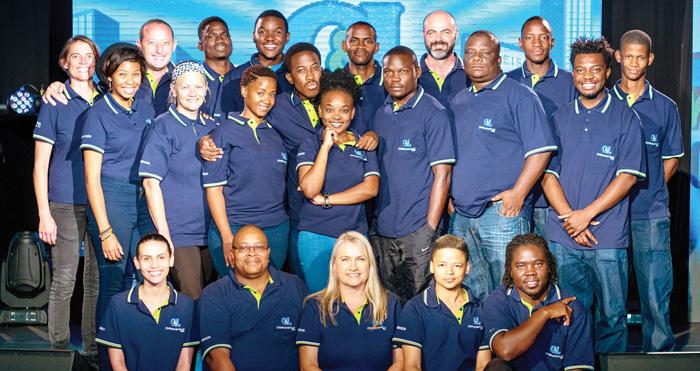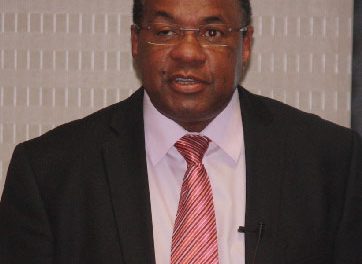
Up-skilling senior management during a recession

“Many executives develop a preference over time for either technical or relationship skills. During challenging economic times, however, both of these are required,” said Paul Maughan, course convenor of the Executive Development Programme short course at the UCT Graduate School of Business (GSB). In tough economic times, he said, the issues that most concern senior executives should go beyond facilitating disruption or gaining a competitive edge.
The key is in ensuring long-term resilience, through both hard skills – like finance, innovation and marketing – and softer skills, like talent management, client relationships, negotiation, executive wellness and self-leadership. And for long-term growth, nurturing the inclusive nature of innovation.
“How do you grow in a time of uncertainty?” he postulated. It’s this question that should motivate senior executives to focus on developing strategic capabilities that can withstand unpredictable environments, or facilitate innovation when resources are limited or during times of change, he believes.
“When change is getting faster, your solutions need to get faster. Your competitors could come from anywhere, and you need to have a whole new way of dealing with that” said Maughan.
Recession depression
Gill Corkindale, leadership coach and columnist for the Harvard Business Review, agrees that balance is crucial. “A common response when I ask executives about their leadership or management style is: “Do I just focus on tasks and results,” or, “I’m a people’s person,” – It can take a while to convince them that to be really successful, executives have to master both sides of the equation.”
She says fortunately, she is not the only one passing on this message; “the best companies reinforce this by promoting and developing senior executives on the strength of both sets of skills.”
Corkindale noted, however, that the financial crisis often sparked a pared-down approach at the expense of best practice. The development of senior executives was often abandoned.
“I noticed that the financial crisis undermined these good practices,” she added. “Command-and-control leaders are back in fashion and companies appear to be condoning it.” According to Corkindale, there was increasing evidence that the recession caused some leaders to abandon solid management strategy at the time when it was most needed, and the toughest decisions had to be made.
Dealing with itchy feet
The previous global economic downturn didn’t just teach business about the challenges of a recession – it also held key lessons about the challenges following recession. For long-term resilience, believes Human Resources writer Darshanie Mahadeo, it is particularly important to look beyond immediate survival and keep staff morale and engagement high, during and after periods when resources such as time, money or people may be cut.
“While core technical ability is no less vital to strong and effective leadership, softer skills – built around engagement, values and ethics, sustainability, and a more inclusive approach to business – have become just as important,” added Alison Coleman in Director magazine, in a discussion on post-recession leadership.
Forbes discussed the “resumé tsunami” that typically begins flowing from organisations once economies stabilise. “It seems hard to imagine a time when one of the biggest problems facing senior executives will be retaining and replacing key talent. But the resume tsunami is already building,” it reported, citing a Deloitte survey of over 300 respondents. When economies improve, organisations often face a mass exodus. One safeguard against this is outstanding leadership, with an all-round skill set, the feature argued.
Maughan believes that in addition to understanding the theories of sound leadership strategy, it’s also crucial for senior executives to support each other.
Receiving advice from practitioners who have successfully walked similar paths, as they navigate the tough decisions during and after a recession, can help executives bounce ideas off each other and continue to grow, he said.
“An all-academic approach is not going to get you very far, but it is very helpful to combine the advice of consultants and academics” Maughan advised.
For more information on the Executive Development Programme at UCT, please visit http://www.gsb.uct.ac.za/edp-overview













































